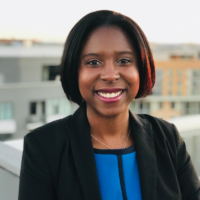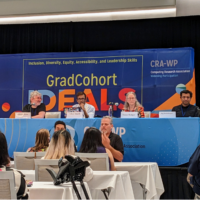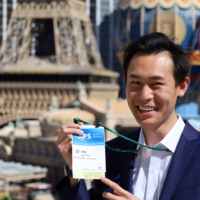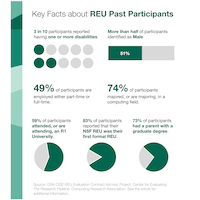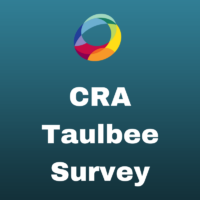
CRA 2022 Taulbee Survey: Record Doctoral Degree Production; More Increases in Undergrad Enrollment Despite Increased Degree Production
This article and the accompanying figures and tables present the results from the 52nd annual CRA Taulbee Survey. The survey, conducted annually by the Computing Research Association, documents trends in student enrollment, degree production, employment of graduates, and faculty salaries in academic units in the United States and Canada that grant the Ph.D. in computer science (CS), computer engineering (CE), or information (I). Most of these academic units are departments, but some are colleges or schools of information or computing. In this report, we will use the term “department” to refer to the unit offering the program.


